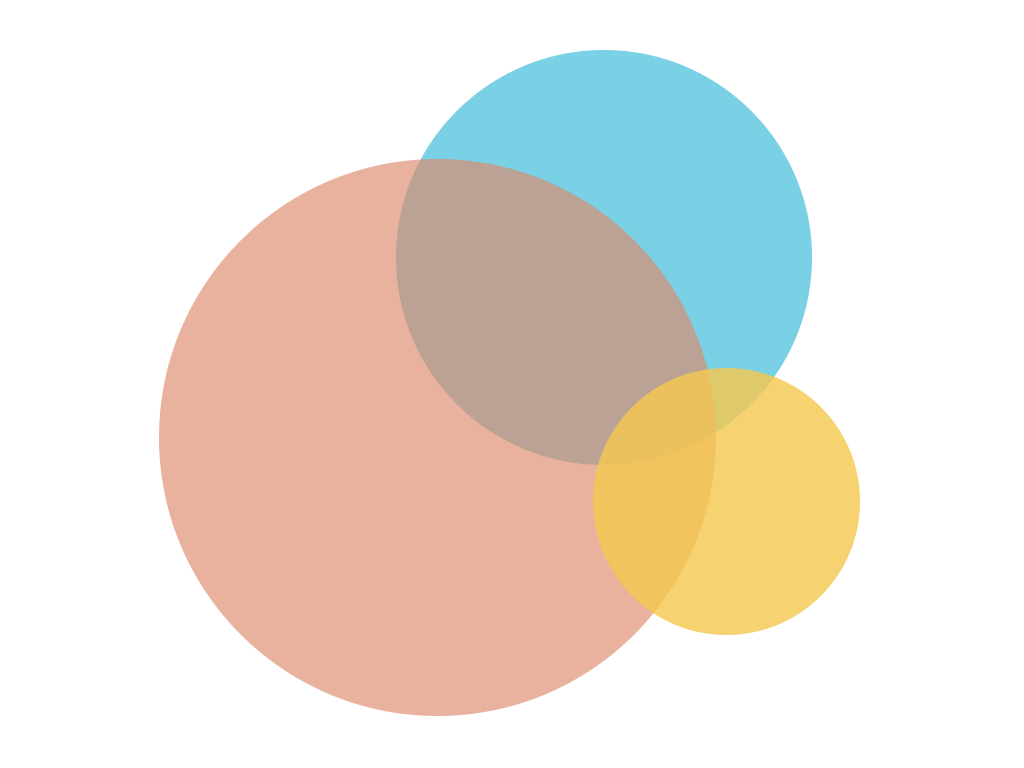Digital Humanities Summer Institute (DHSI): Every summer, during the first two weeks of June, DHSI offers two sessions of week-long courses at the University of Victoria in Canada. A wide array of courses are made available every summer, with courses on such topics as digital editing, project management, encoding, programming, and using digital tools. Please note that as of July 2024, DHSI will be moving to Montreal. More information forthcoming.
Summer Educational Institute (SEI): A joint project of the Art Libraries Society of North America (ARLIS/NA) and the Visual Resources Association (VRA), “SEI is a dedicated institute focused on instructing individuals in the stewardship of visual materials within digital collections. It offers extensive insights and foundational practices related to digital curation and preservation in the context of galleries, libraries, archives, and museums.” The one-week workshop is held virtually during the summer, and registration fees range from $225-300.
University of California-Los Angeles Rare Book School (CalRBS): Managed by the Department of Information Studies at UCLA, “the California Rare Book School (CalRBS) is a non-degree education program dedicated to providing the knowledge and skills required by collectors and professionals working in all aspects of the library, special collection, archives, museums, and rare book community, as well as for students interested in entering the field of justice studies, library ethics, critical librarianship, and rare book conservation and preservation.” Courses are held online and in-person in Los Angeles and in other locations within North America throughout the summer. Past course topics have focused on archival practices, bibliographic methods, book history, print culture, and activism within libraries and archives.
University of Virginia Rare Books School (UVA RBS): Throughout the summer, the UVA RBS offers numerous week-long seminars online and in-person at a variety of locations within the U.S. (one frequent location being the University of Virginia in Charlottesville, VA). Seminars focus primarily on topics of book culture, print-making, and bibliography. Interested participants must prepare an application for their preferred seminar, as registration is sometimes competitive. Applications typically open for submission in February and close in March or April.
Library Juice Academy: Every month, Library Juice Academy offers a slate of four-week, online courses. Courses focus on topics relating to practical skills, digital tools, archival practices and scholarship, public engagement, user experience, and more. Registration for courses typically range from $200 to $300. Completion of a Library Juice Academy course equals 1.5 Continuing Education Units (CEU) or 15 Professional Development Hours (PDH), though it should be noted that their courses are not accredited by IATEC or other organizations, so individuals needing CEUs or PDHs will need to inquire after their institution’s accreditation requirements.
Omeka Intensive Workshops: Led by a member of the Omeka team, these workshops are “designed to provide participants with a deep understanding of the Omeka platform infrastructure, of key approaches to planning sophisticated projects, of the techniques for building accessible, well-structured sites that take advantage of Omeka’s many functional add-ons.” Workshops are held in the spring, summer, and fall, and are available for Omeka Classic and Omeka S. Registration for these courses is limited and includes an enrollment fee of $600.
Programming Historian: Led by volunteers, Programming Historian provides access to dozens of asynchronous, open access courses “that help humanists learn a wide range of digital tools, techniques, and workflows to facilitate research and teaching.” All courses are peer reviewed and rely on open source software to ensure user access. Lessons may be available in four languages: English, French, Spanish, and Portuguese.
Programming for Humanists: During the academic year, Programming4Humanists provides courses introducing participants to DH methodologies, coding, and programming languages. Other foci include the creation, editing, and searchability of digital archives as well as data mining and statistical analysis. The synchronous courses generally take place during the fall and spring, and participants need to register in advance.


